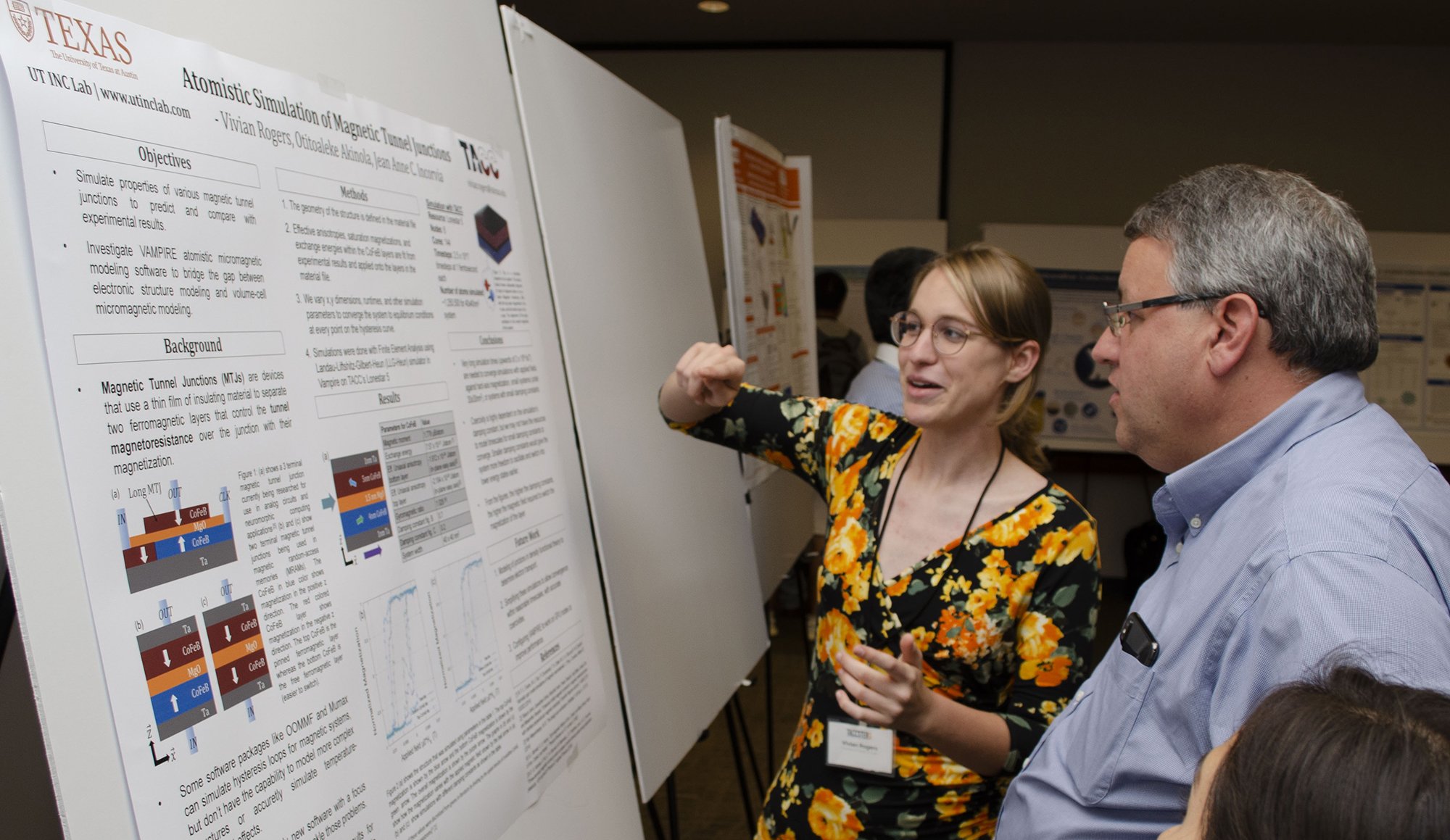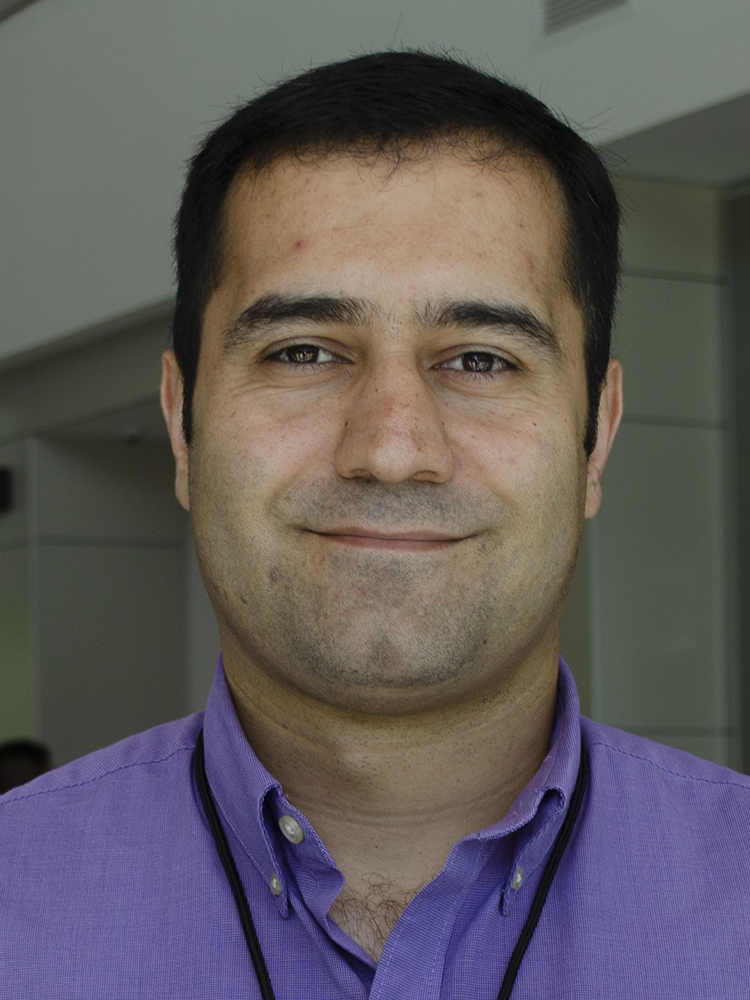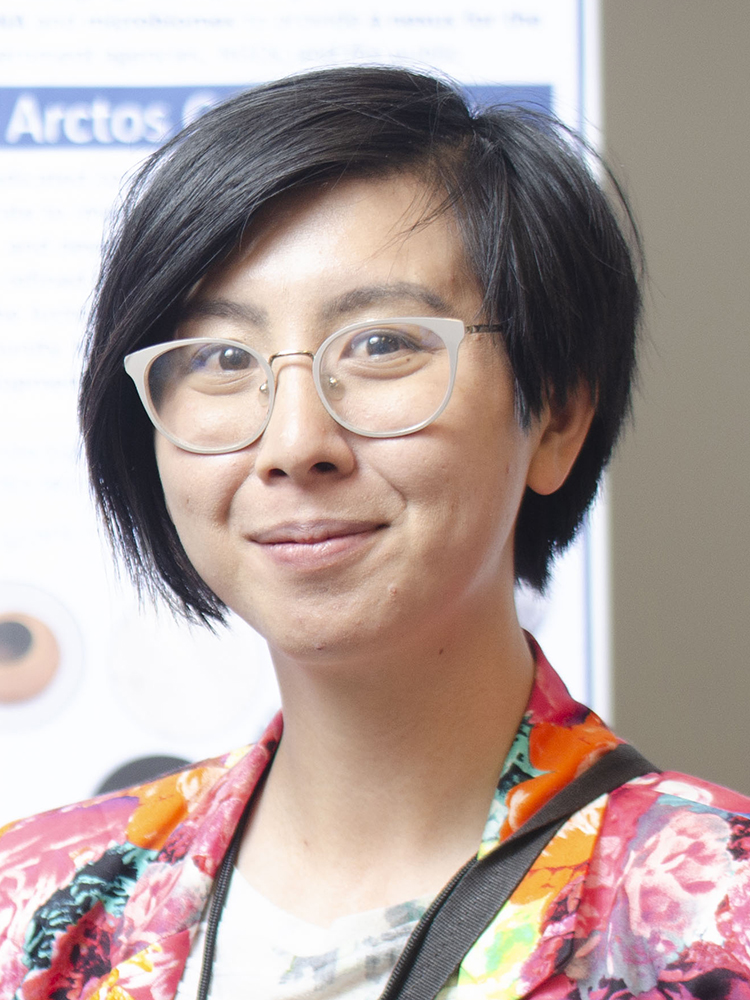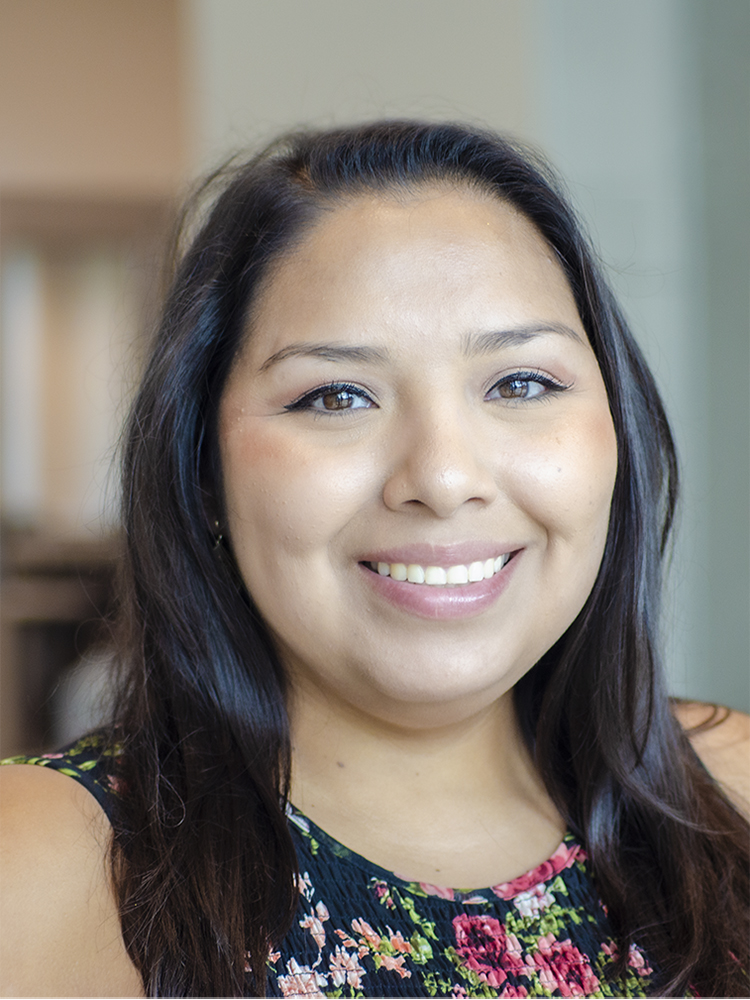People & Programs
Aaron Dubrow
Related Links
Lone Star State of Science
TACC's reach is global, but its oldest and core constituency is researchers from across the state of Texas

In September 2019, 110 computational scientists and students from 25 Texas academic institutions and companies met in Austin for the second TACC Symposium for Texas Researchers (TACCSTER), a two-day event that included seven invited talks, six tutorials, two panel discussions, and 41 posters representing more than 10 universities.
We asked participants and organizers why they came and what they took away from the symposium.

Ebrahim Eslami
PhD Candidate
How do you use TACC resources in your research?
I’ve used TACC’s computational resources, such as Lonestar and Stampede2, for both numerical modeling and machine learning related to flood forecasting. I look forward to using Frontera for my future research.
Why did you attend TACCSTER?
I wanted to take the pulse of what is happening in HPC in terms of tools, technologies, and processes, and hear ideas I wasn’t aware of. Also, this event helps build my reputation as a scientist, since I was invited to give a lightning talk, and presented a poster discussing my contributions to our group.
What did you enjoy most about the symposium?
I enjoyed listening to the fascinating presentations of my Texan peers who are pushing the computational envelope using TACC resources.

Vicky (Mingna) Zhuang
Biodiversity Collections Manager for Arctos
How do you use TACC resources in your research?
The Arctos database uses the Corral system to host the Arctos application, and to store and backup all of our data. We also use Corral’s optical character recognition capabilities and image processing to help us process historical specimen labels faster and provide thumbnails for our users.
Why did you attend TACCSTER?
I attended TACCSTER to promote Arctos, the multi-institution online database and community that UTEP is a part of. TACCSTER was a great place to show how supercomputing resources are being used to help preserve museum collections and use collections in new and interesting ways.
What did you enjoy most about the symposium?
It was great to get exposure to so many different fields I don't normally get to interact with, like political science and archaeology. Also, I was able to talk with people who have similar physical object tracking and locality data issues and get suggestions that I can bring back to the Arctos community.

Jessica Marquez
Algebra Teacher
How have you interacted with TACC?
I attended the TACC Research Experiences for Teachers program this past summer and collaborated with TACC staff on a project exploring virtual reality for classrooms.
Why did you attend TACCSTER?
I attended TACCSTER to share a poster that Katrina Van Houten, Edgar Garza, and I created that explains how we used scientific visualization and natural hazard wind data to teach students about scientific computing and its applications.
What did you enjoy most about the symposium?
I enjoyed sharing our experience with others who attended the symposium. We were able to explain our research in person and help other educators think outside the box when implementing virtual reality in their classrooms.

Joe Allen
Research Associate, Life Sciences Computing Group
What is your role in TACCSTER?
For the past two years, I’ve helped lead the planning effort for TACCSTER by organizing the technical program. This includes speakers, posters, tutorials, panels, and one-on-one sessions.
Why is TACCSTER an important event for TACC?
Our center’s mission is to enable science, and to do that effectively we need to interact closely with researchers. Their feedback drives the services we offer and the systems we build. This symposium is an opportunity to draw in a diverse pool of researchers from all over the state and solicit that feedback.
What did you enjoy most about this year's symposium?
The poster sessions and lightning talks. There was a lot of energy in the poster session and the lightning talks provided a great showcase of the diversity of research supported by TACC systems.
The University of Texas Research Cyberinfrastructure (UTRC) initiative provides advanced computing capabilities to researchers across all 14 UT System institutions, helping scholars collaborate across campuses and compete at the forefront of science and discovery.

